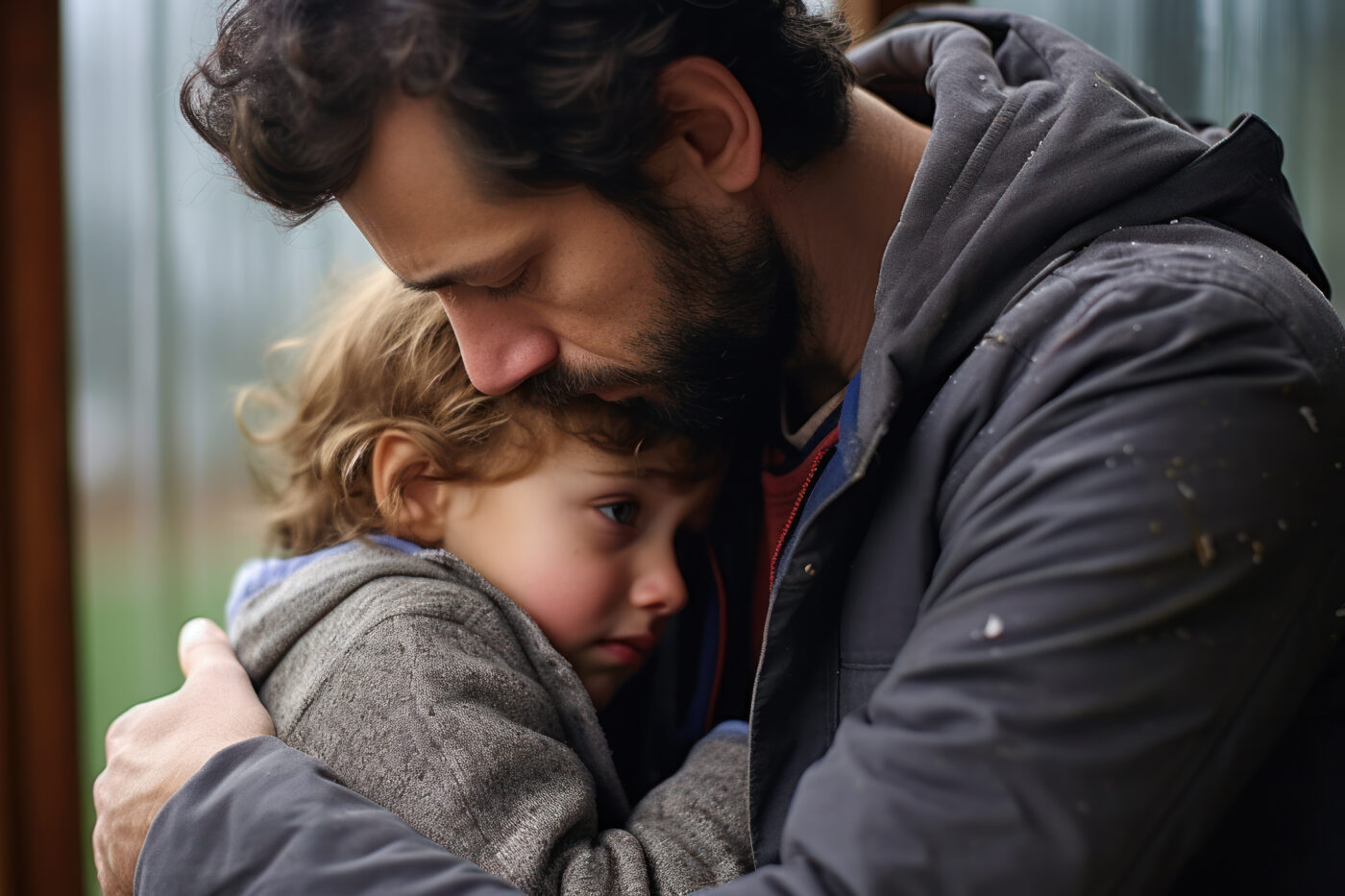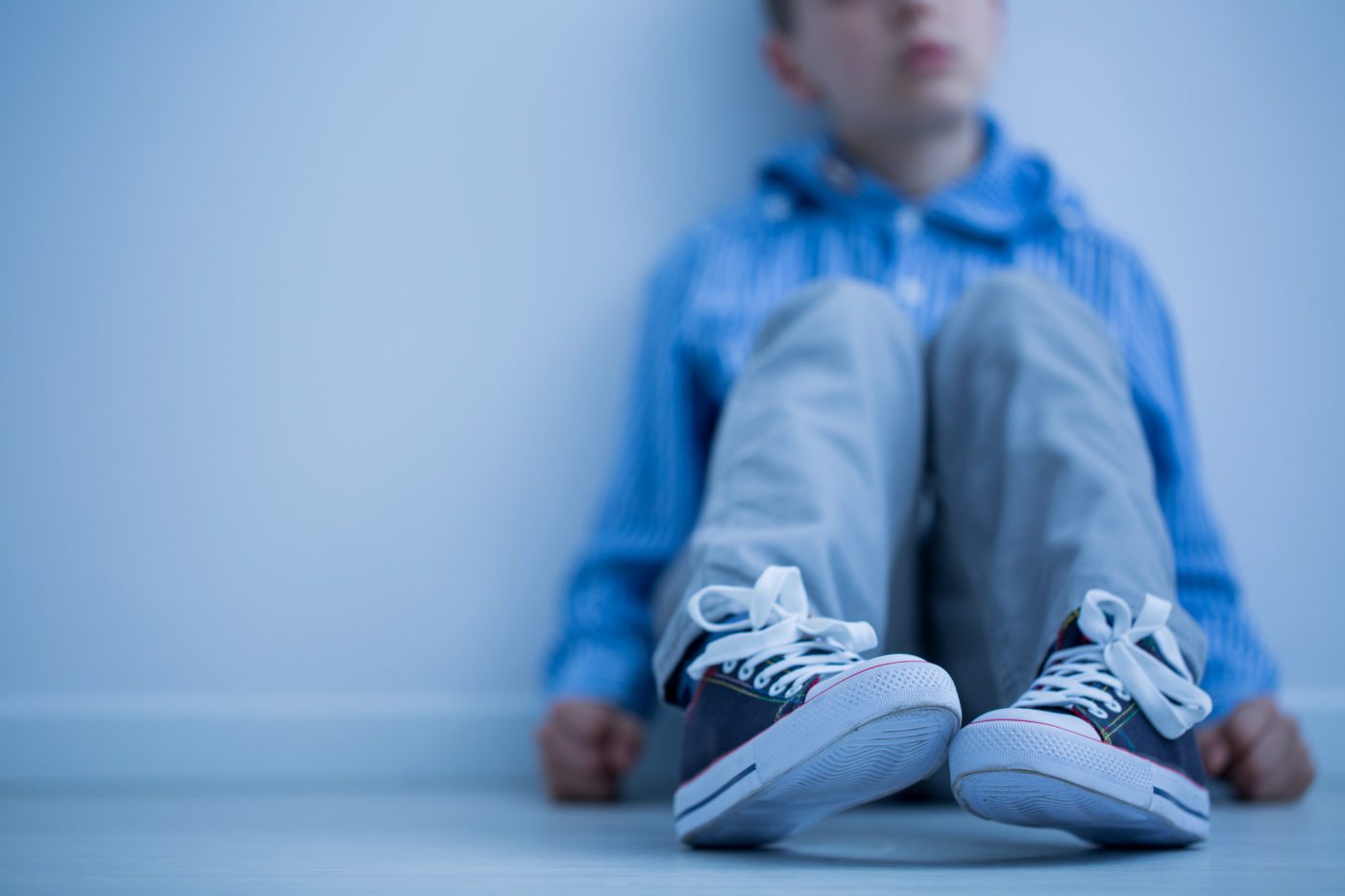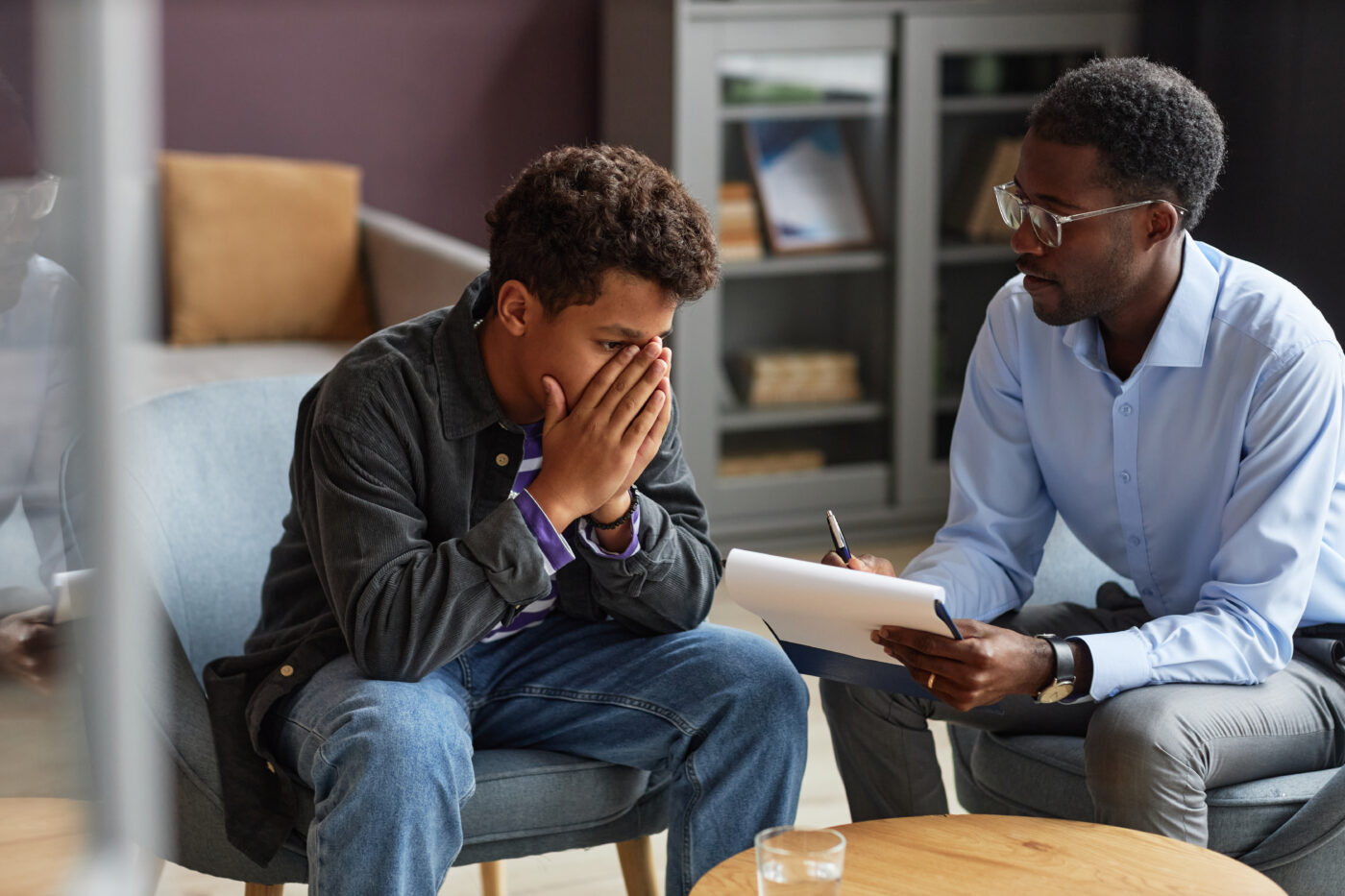When my son was not yet 2, I developed a habit of watching The Simpsons with him in the evenings while my wife was working. Sure, it wasn’t exactly age appropriate, but I just assumed he wasn’t really paying attention. Then, one day, I walked into a store with him where they had a Homer Simpson balloon floating above the greeting cards. My son pointed and loudly exclaimed, “Simpsons!” I was mortified—and obviously wrong. He’d definitely been paying attention.
We make a lot of assumptions in parenting. To be fair, none of us is given a manual, so you kind of have to figure it out. Some of our assumptions are correct. Others are wrong but harmless. However, some of our assumptions in parenting can actually do damage. Here are 5 assumptions we make that hurt our kids.
1. Obedience is the end goal.
When your kids are really young, obedience is, of course, the goal. You want her to listen when you say “no” so she doesn’t run into traffic or swallow a toy or touch the stove. But as they age, it’s tempting to continue to focus on obedience. And while obedience is very important, it is not an end to itself. The point of obedience is for our kids to stay safe and develop into wise and loving people. Why does this distinction matter? Sometimes we can get so focused on obedience that we spend more time thinking about how to enforce rules than whether the rules are actually helpful in cultivating a healthy individual. Obedience is important, but it’s not the end goal. Character development is.
2. The most important thing is that they’re happy.
You want your kids to be happy. That’s because you love them and happiness is better than unhappiness. Well, that is often true, but not always. Do you work out? Are you happy during that last rep when you’re trying to max out? Probably not. Do you work a job you find meaningful? Are you constantly happy as you do it? What about parenting? Does every aspect of parenting fill you with happiness? When we focus primarily on our kids’ happiness, we can create self-focused individuals constantly looking for other people to make them happy. In reality, we want our kids to live a life of meaning. We want them to be willing to do hard things that don’t make them happy all the time, because they are working toward an end that is ultimately good for them and others.
3. They need to fit in.
This one is so difficult. On the surface it seems simple. But it’s painful to watch your child feel left out and kids can be insanely cruel. It’s easy to assume getting rid of that pain is more important than the potential downside. I remember when all of our kids’ friends had social media and our young teens begged and pleaded for it. They felt left out, and it was our fault. I would’ve caved, but my wife stood strong. Now, study after study comes out saying how detrimental social media is for young kids. My assumption that alleviating the short-term pain was worth it was completely wrong. Certainly kids need to have a sense of belonging, but if they always fit in, we might be letting their friends do our job.
4. Kids are resilient.
On the one hand, this is true. It’s remarkable what a child can endure and still come out the other end full of life and potential. On the other hand, how many of us walk around with deep wounds from our childhoods? These wounds don’t need to define us. They aren’t excuses. At the same time, I’m sure many of us would’ve been well served by a dad (or mom) who stepped up when we needed them to. When your child is going through a difficult experience, whether it’s a difficult teacher or coach, mean kids at school, or academic struggles, don’t use the assumption your kids are resilient as an excuse not to engage. Lean in. Listen. Teach them how to respond well and, if necessary, intervene.
5. Kids need to keep busy.
You may immediately think of the saying “idle hands are the devil’s workshop.” At least, I do. And, as with all of these assumptions, there’s some truth to it. It’s not just that bored kids get into trouble but also that having meaningful things to do is really good for kids’ wellbeing. That said, it’s also really important that kids have downtime. With school, homework and extracurricular activities, kids can literally be running from one thing to the next from the moment they wake up until they go to sleep at night. Sure, that may keep them out of trouble, but it also can lead to decreased creativity and problem-solving skills and increased anxiety and depression. We are not machines. Prioritize unstructured (non-screen) time in your child’s life.
Sound off: What other common assumptions in parenting do you see hurting kids?











Huddle up with your kids and ask, “What is your busiest day of the week? Is there anything you’d change about that day?”